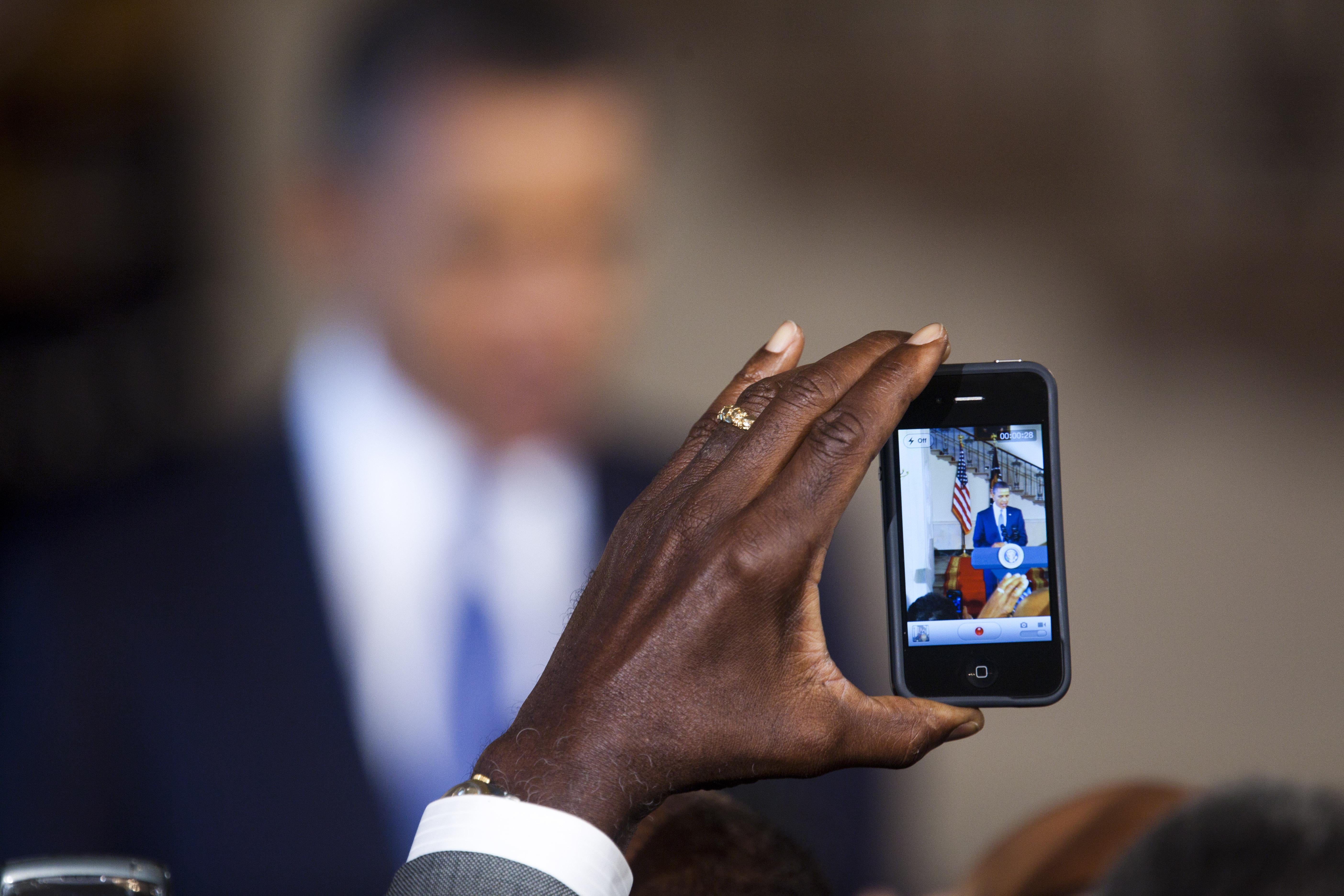The Guardian’s Glenn Greenwald went live late last night with the story that will be driving the conversation in D.C. today:
The National Security Agency is currently collecting the telephone records of millions of US customers of Verizon, one of America’s largest telecoms providers, under a top secret court order issued in April.
The order, a copy of which has been obtained by the Guardian, requires Verizon on an “ongoing, daily basis” to give the NSA information on all telephone calls in its systems, both within the US and between the US and other countries. The document shows for the first time that under the Obama administration the communication records of millions of US citizens are being collected indiscriminately and in bulk – regardless of whether they are suspected of any wrongdoing.
The order covers: the phone numbers of both parties on a call, the time and duration of the call, unique identifiers, and location data. According to Greenwald, the actual conversation itself is not recorded.
The order was granted by the secret Foreign Intelligence Surveillance Court on April 25 and remains valid until July 19. It’s unclear, however, whether the order is one in a series or a one-off, and whether similar orders have been issued to other telecomm companies. According to its first-quarter earnings report from earlier this year, Verizon currently has about 99 million wireless customers, and another 22 million residential and commercial phone lines. It is unclear which type of customer records were being tracked.
Verizon has declined comment on the story. The White House hasn’t weighed in on the record, but unnamed administration sources are managing to both avoid confirming the specific story while at the same time defending the NSA’s need to collect the phone records of Americans.
One official told the Associated Press that such information is “a critical tool in protecting the nation from terrorist threats.” An official (perhaps the same one, perhaps not) went slightly further when speaking to Reuters, saying that the general policy “allows counter-terrorism personnel to discover whether known or suspected terrorists have been in contact with other persons who may be engaged in terrorist activities, particularly people located inside the United States.”
